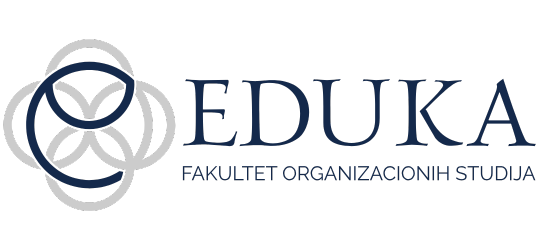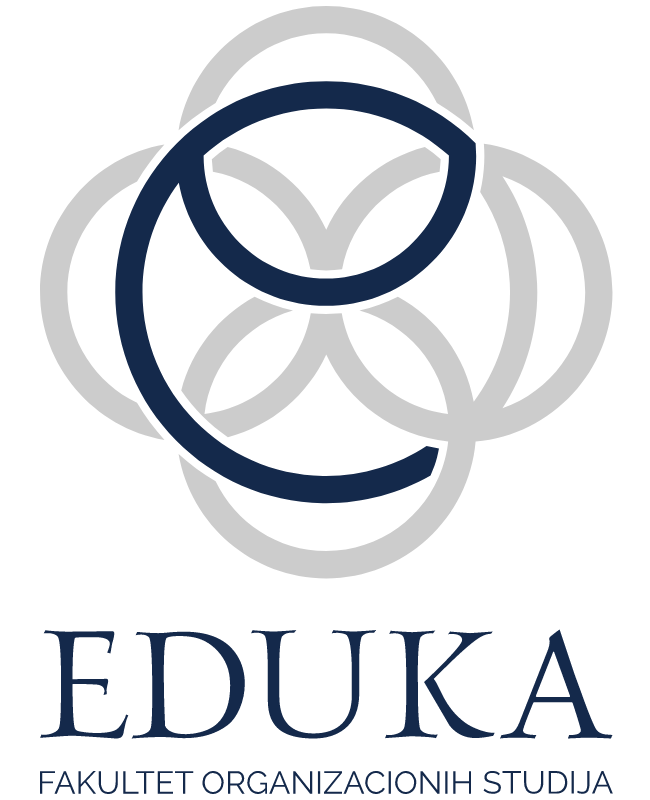Psychotherapy
Understanding the mind paves the way to healing the soul.
1 YEAR
60 ECTS

The Master’s program in Psychotherapy is an innovative program combining theoretical knowledge and practical skills needed for effective psychotherapeutic support.
Gain modern knowledge and practical skills for working in the field of mental health.
The program is based on top global practices, providing students with a comprehensive insight into various psychotherapeutic approaches such as cognitive-behavioral therapy, psychoanalytic, and humanistic approaches. Students develop key skills in empathy, active listening, analysis, and reflection, enabling them to build quality therapeutic relationships with clients.

Through mandatory clinical practice and supervision, students gain hands-on experience working with real clients, allowing them to apply learned techniques in real therapeutic settings. The program includes work on developing personal therapeutic styles and an ethical approach, helping students discover their unique therapeutic philosophy. Students are also trained to work with specific populations and issues such as anxiety, depression, post-traumatic stress, and other disorders.
Key learning outcomes include developing the ability to accurately assess clients' conditions, apply individualized therapy plans, and monitor progress in therapy. Upon completion, students are qualified to work as therapists in private clinics, mental health centers, hospitals, or private practices. The program also opens opportunities for further specialization in psychotherapy, such as working with children and adolescents, family therapy, or group therapy.
In line with the Bologna Declaration’s recommendations for curriculum alignment, this program fully adheres to the standards of the European Federation of Professional Psychologists’ Associations (EFFPA). The European Federation of Psychologists, in collaboration with a group of prominent psychologists from 12 European countries (Denmark, England, France, Finland, Greece, Italy, Netherlands, Norway, Germany, Spain, Sweden, and Switzerland), developed the ‘European Framework for Psychologists’ Training’ and proposed criteria for obtaining the European Diploma in Psychology. These documents set education standards for psychologists in Europe, emphasizing the minimum requirements for obtaining the European Diploma in Psychology. By meeting these standards, the program ensures uniform quality in psychologists' education across the European educational space.

To practice psychotherapy, according to the European Association of Psychologists and the Serbian Psychotherapists’ Association, the following steps are required in addition to completing undergraduate psychology studies:
- Complete psychotherapy education lasting at least 4 years;
- Undergo personal psychotherapy lasting at least 250 hours;
- Complete at least 150 hours of supervision with a recognized supervisor;
- Direct client work lasting 300 to 600 hours.
According to the Serbian Psychotherapists’ Association, individuals can present themselves as psychotherapists only after obtaining a National Certificate in Psychotherapy. The association recognizes psychotherapy modalities and methods. Recognized psychotherapy modalities include acknowledged psychotherapy directions or schools (recognized by the European Association for Psychotherapy – EAP), and only those certified in a specific psychotherapy modality can apply for the national Certificate in Psychotherapy.
| Study Format | Language of Instruction | Duration | Semester Length | Total ECTS Credits | Degree Awarded |
|---|---|---|---|---|---|
| Traditional | Serbian | 2 semesters | 15 weeks of instruction | 60 | Master Psychologist |




